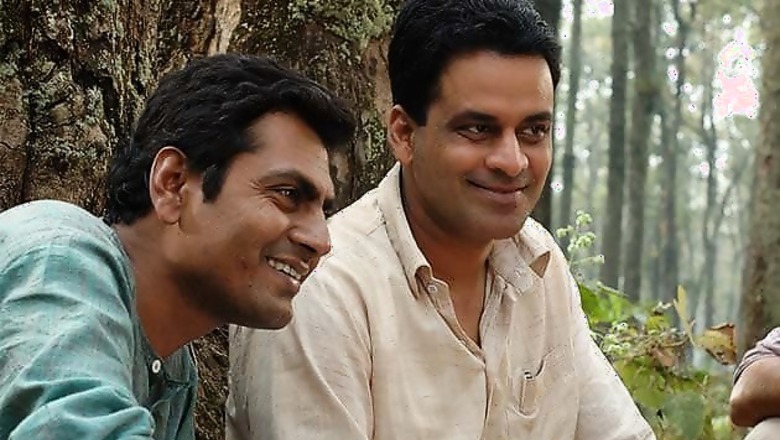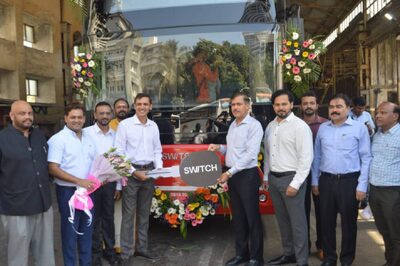
views
Scientist Bedabrata Pain, 49, left a flourishing career at NASA's jet propulsion lab, where he has 87 patents to his name, to direct his debut Hindi film Chittagong - the story of understated, Bengali heroism. Chittagong tells the story of the raid of the British armouries by revolutionaries in Chittagong, now in Bangladesh, which shook the British colonialists. 'Masterda' Surya Sen plotted and executed the Chittagong uprising against the British in the 1930s.
I caught up with Pain while he was in Delhi. In the course of a two-hour-long interview, Pain spoke of what drove him to make Chittagong, his vision of where Indian cinema is headed and financial factors that cripple filmmakers. This is the second part of a two-part interview. This is the first part.
You were talking of targeting the mainstream US market and not just the NRI crowd
A new market has opened up. There is a very strong burgeoning middle class. Can we capture them? Can we make profit by targeting them? 'Kahaani' and 'Vicky Donor' are classic examples. There is a rising trend of new filmmaking and there are some interesting filmmakers. There has been a rejuvenation of regional cinema. But the foreign market is still untapped. In Hollywood, nobody knows anything about Indian cinema, in India nobody is interested - how to place an Indian film in Hollywood?
And I am talking about the mainstream US audience. There is a big market for foreign films in the US. Are Indians there in that market? No. Iranian, Korean and Mexican films are there. Indian distributors don't really care; they know how to work in this market and how to make their money. If we can open the US market, Indian films will go very far. Indie cinema is headed for very big things. If they get accepted in Hollywood as viable foreign language cinema, they could be very big.
You are telling the story of an age of turmoil in the country when youngsters were intensely political. How will the current youths relate to the sense of patriotism?
Last year Anna Hazare caught everyone's attention. There is this nascent feeling of something not right. A year ago it felt like everyone wanted to do something after Hazare's campaign. Deep inside people were unhappy. This film targets that sentiment. You have your Occupy Wall Street, austerity measures, the Maruti strike - there is this intense cynicism - kuchh nahi hone wala hai - I hope it brings the kuchh hona chahiye to the forefront. But I hope people don't only see this as a story of patriotism. I would expect people to come out and say arey, kya story tha yaar! You don't have to be political to see Chittagong.
Both Manoj and Nawaz are veritable dynamos!
You know, initially Manoj and me took some time to settle down. As a director you have to earn the respect of your cast. But when he did grasp the role and I could convey to him what I wanted, he was in his elements. He's a great actor. As for Nawaz, he is so unassuming...on the sets you would not know that he is an actor. But Nawaz turns into a different beast altogether when the cameras are on.
Good year so far for Indian cinema....
Indians are very good storytellers. The more we have good storytellers the farther I think Indian films will go.




















Comments
0 comment